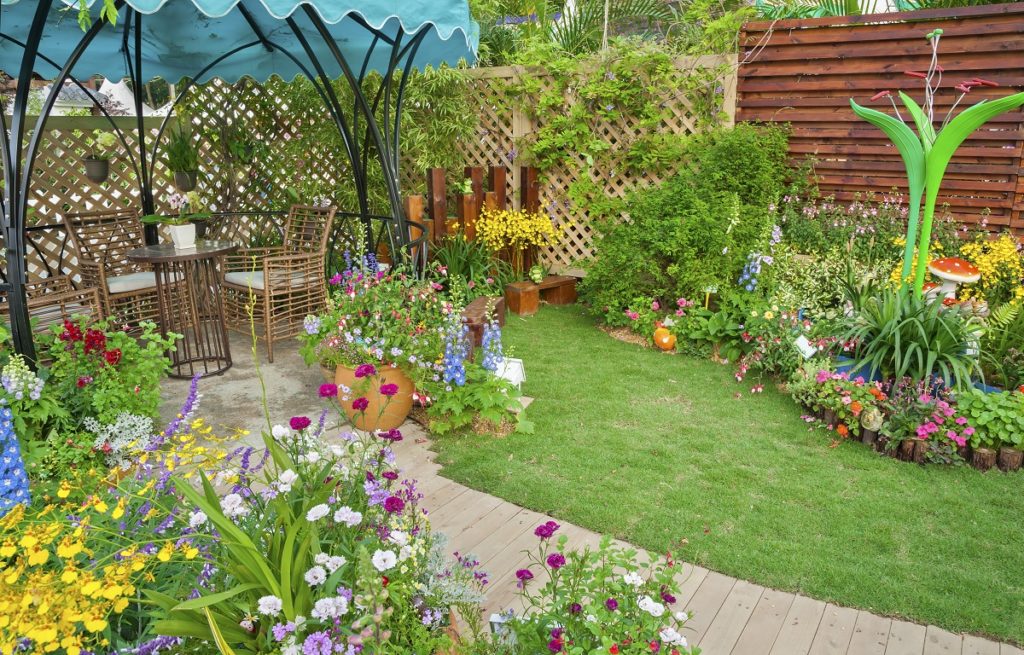A lot of families prefer having their dear elderly members close to them. If you happen to be looking for a house where your family can live with your seniors, there are a few but important points that you should consider. They have needs that need a little more attention than those of younger people. Safety precautions are also on the top of the list as their bodies are generally weaker. Take these few points into account when searching for a home that can accommodate everybody’s needs, especially your senior family members.
Accessible Amenities
As we get older, our bodies can handle less stress and strain from day-to-day activities. Even a simple action as going upstairs can become a challenging feat. It will benefit your elders to have their bedrooms located on the ground floor of your house since it will not require them to go through flights of stairs. Take the time to ask the seller or agent about the dimensions of certain openings such as doors. Openings and passageways should be wide enough to allow wheelchairs. The bathroom should also have non-slippery floor materials, additional handles for support, and room for the installation of assistive devices for bathrooms. It will be a plus if the ground floor bedroom has its own toilet and bath.
Garden in the Yard
 A hobby that elderly people can get into is gardening. It keeps them active and can be a form of exercise. It also keeps them flexible while giving them a sense of achievement. Studies show that gardening promotes better health for elderly people by reducing the risk of osteoporosis as well as the amount of stress. However, you should not let them do it alone. You and your kids can also participate in keeping your garden beautiful and healthy. Not only that, you can also have their gardening tools and equipment modified in order to suit their needs and keep them safe. Elderly people may have physical limitations, but their minds are still working and are hungry for cultivation.
A hobby that elderly people can get into is gardening. It keeps them active and can be a form of exercise. It also keeps them flexible while giving them a sense of achievement. Studies show that gardening promotes better health for elderly people by reducing the risk of osteoporosis as well as the amount of stress. However, you should not let them do it alone. You and your kids can also participate in keeping your garden beautiful and healthy. Not only that, you can also have their gardening tools and equipment modified in order to suit their needs and keep them safe. Elderly people may have physical limitations, but their minds are still working and are hungry for cultivation.
Special Needs
These are mostly a consideration when it comes to buying a house with your elders in mind. Look for homes that can accommodate both the elderly and PWDs. Most of them should include electronic thermostats and fully accessible entryways. The height of the handrails should also be reachable and stable enough so that they can walk around the house without the worry of getting into any accidents. Water fixtures should also have levers instead of knobs for easy use. Choose a home that has few or no obstructions, especially in common areas such as the living room and kitchen for ease of movement.
Living with your parents or grandparents takes effort, so be prepared to consider all things that will benefit them. Let us face the fact that taking care of senior family members is never easy. However, that is the true essence of family—living and loving together despite the challenges and trials of life from start to finish.

